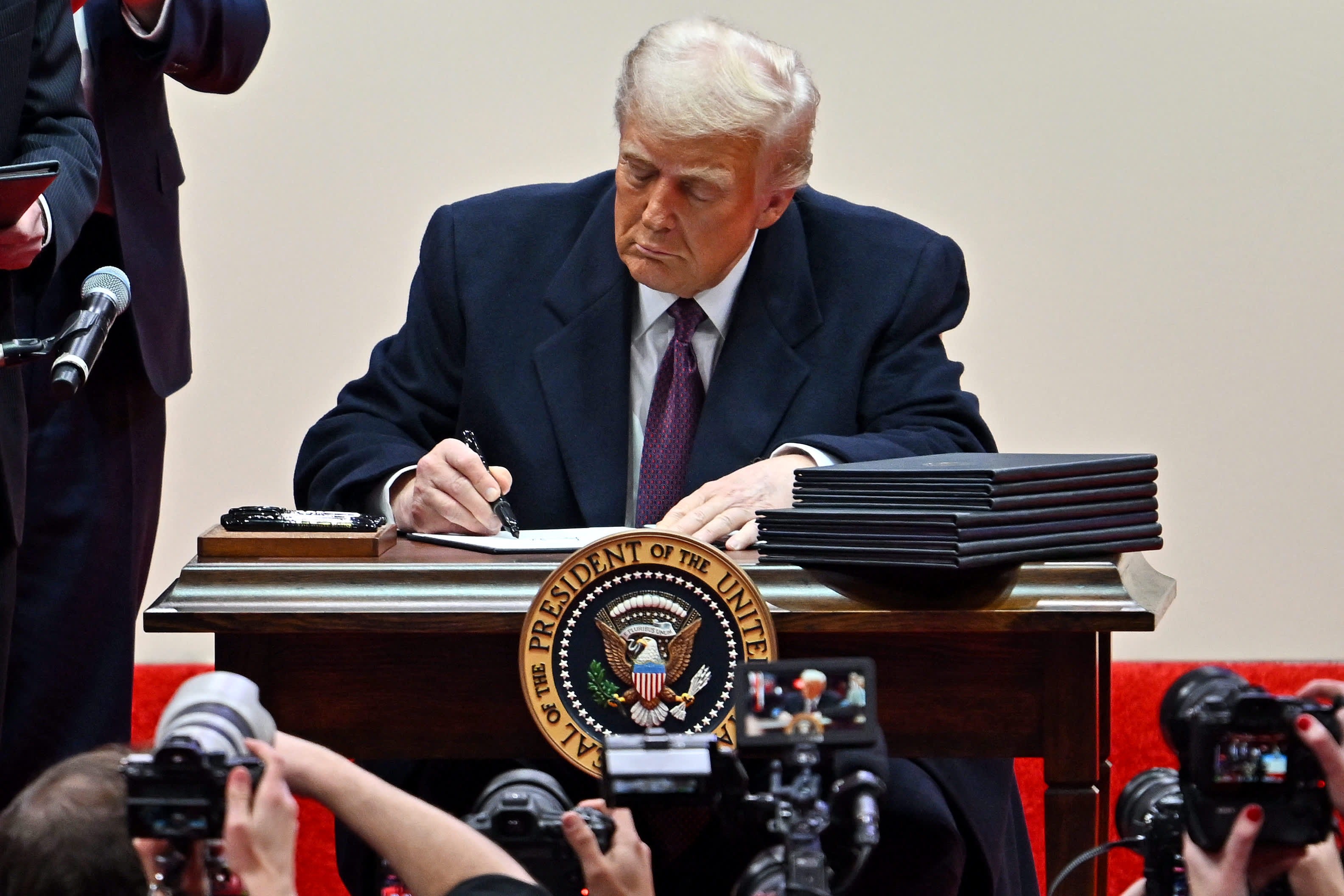Astronauts aboard the International Space Station (ISS) were sent into a panic after a cargo ship arrived with a 'toxic smell' and 'possible contamination hazard in the form of droplets.'
The Progress 90 docked with the Russian Poisk module at 9:31am ET on Saturday and Roscosmos cosmonauts identified a smell immediately after opening the hatch.
The Russian crew quickly strapped into protective equipment and activated an extra air-scrubbing system aboard their segment of the ISS for about 30 minutes.
NASA astronaut Don Pettit also reported some 'spray paint-like' smell in the Node 3 module of the US Segment, but it was not immediately clear if it had originated from Progress.
'Space station air scrubbers and contaminant sensors monitored the station's atmosphere following the observation, and on Sunday, flight controllers determined air quality inside the space station was at normal levels,' NASA shared in a statement.
The agency continued to explain that there are no concerns for the crew as of Sunday afternoon, but the hatch between the Russian modular and cargo craft is still closed.
The Progress 90 arrived at the Russian Poisk module at 9:31am, delivering three tons of food, fuel and supplies for members of the Expedition 72 crew on board the ISS.

NASA reported that the US side of the orbiting laboratory also activated its own air-scrubbing system, while the hatch to Russia’s Poisk module remained closed.
While Russian outlets reported a toxic smell, NASA told a different story.
'After opening the Progress spacecraft’s hatch, the Roscosmos cosmonauts noticed an unexpected odor and observed small droplets, prompting the crew to close the Poisk hatch to the rest of the Russian segment,' the agency shared on X.
Progress 90 is scheduled to stay docked for about six months before returning to Earth.
The 'toxic smell' comes just months after a report revealed space agency and its Russian counterpart, Roscomos, are tracking 50 'areas of concern' related to a growing leak aboard the station.
Although officials have been aware of the issue since 2019, the exact source of the leak is still unknown.
All potential cracks have been covered with 'a combination of sealant and patches' but NASA warned that the leak reached its fastest rate yet in April this year.

Concerns over the station's safety are now so high that NASA has negotiated with Roscomos to only open the hatch when necessary and to keep it sealed in the evenings.
And that's not the only cause for concern, as the space agency has warned that the ISS is at risk of being pelted with micro-meteors and space debris.
The air leak is located in the Russian Zvezda Service Module Transfer Tunnel, installed in 2000, and is used to house life support equipment and to access a Russian cargo dock.
In 2019, it was noted that the module had begun to leak a small amount of air through an unidentified crack.
However, despite efforts to seal the module, the amount of air escaping the station has only increased over the last five years.
In February this year, NASA was forced to hold a press conference on the issue as the amount of air escaping temporarily increased from 0.2 lbs per day (0.09 kg) to 2.4 lbs (1.08 kg) per day.
A report published in September by NASA's Office of the Inspector General (OIG) confirmed that the leak hit record rates in April - losing 3.7 lbs (1.68 kg) of air every day.
This has prompted the space agency to escalate the threat rating to the highest level and consider evacuation plans.
In May and June, NASA officials traveled to Russia to discuss 'heightened concerns' over the seemingly growing leak.
Speaking to the Washington Post, NASA associate administrator Jim Free says: 'We have conveyed the seriousness of the leaks multiple times, including when I was in Russia earlier this year.
'We've come to a compromise that they close it in the evening.'
The OIG report states: 'The Service Module Transfer Tunnel leak is not an immediate risk to the structural integrity of the Station, and there are no current concerns of long-term impacts to the overall structure.'
Likewise, ISS program manager Joel Montalbano told a press conference in February that the leak was 'not an impact right now on the crew safety or vehicle operations, but something for everybody to be aware of.'












